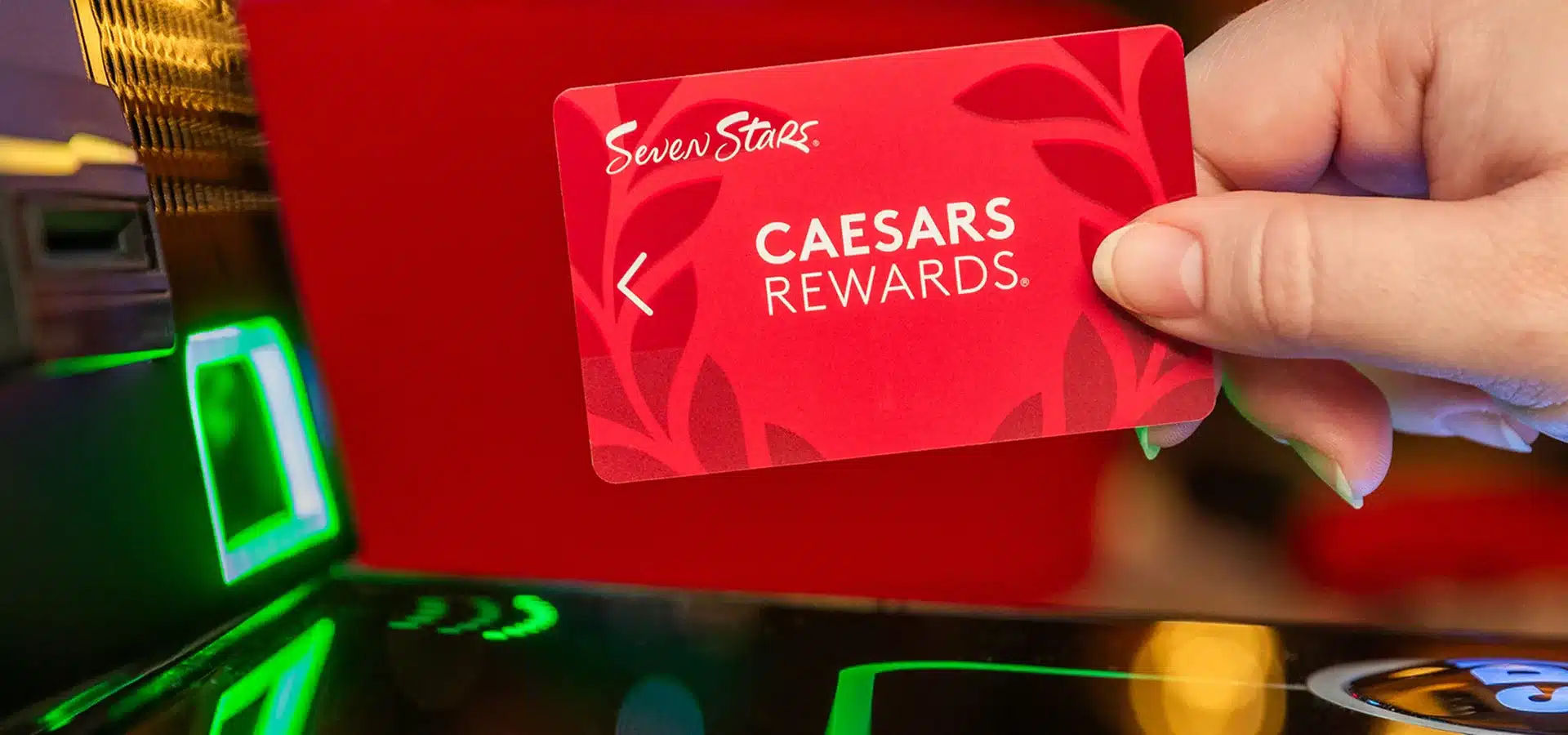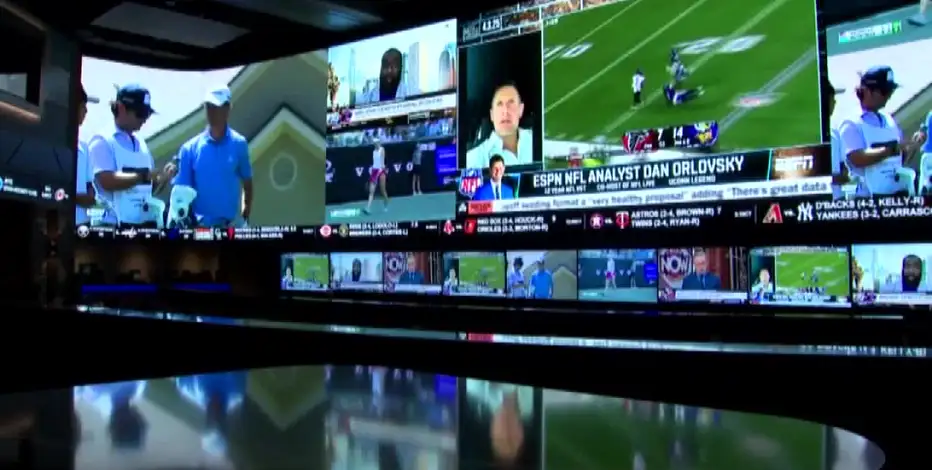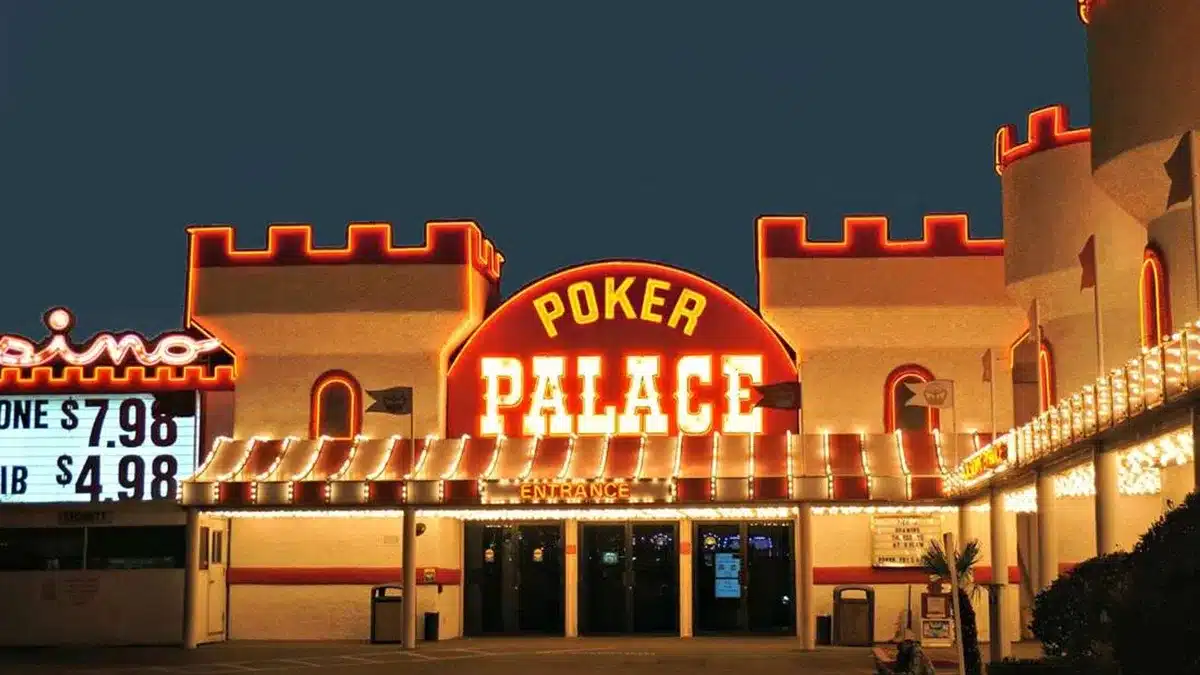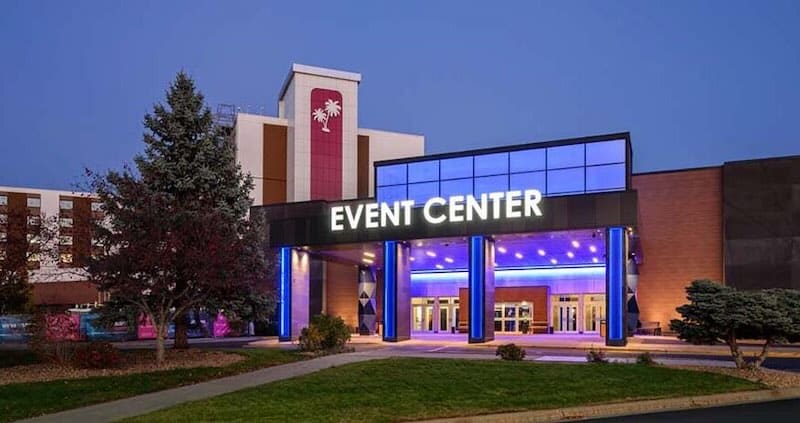
The people’s marketer

Give the people what they want is a distinctively American value that marketing maven Erika Ayers Nardini has embraced since the outset. The times dictated this. Her career matured in an era when the internet itself came of age, and the world of marketing would never be the same. How does one sell a product when we are all spending half our day online? With great innovation and shrewdness, as Nardini has shown, and for two decades she has consistently found herself at the forefront of a changing world.
Since 2016, she has been the CEO of Barstool Sports, one of the great juggernauts to have emerged in this age of the new media. Barstool began out of Boston in the early 2000s as the brainchild of Dave Portnoy, a marketing whiz of his own sort and an unapologetic sports bettor. In its first incarnation it was a printed newspaper and tip sheet distributed at Beantown mass transit stops. Soon it became a regional blog focused on betting and sports, directed (as it still is today) to a primarily male audience, aged 14 to 49. Over time, it became inextricably linked with the personality and antics of its founder. More recently, thanks in large part to Nardini, expansion has happened at a rapid pace. When Nardini took the reins, the company had 12 employees and $3m in revenue. Since then, revenue has gone up 1,200%, the number of social media followers has expanded by 5,700%, and the number of employees stands at close to 400.
Its purview has grown significantly since the early days. A denizen of Barstool will be met with audio, visual and social media encompassing a galaxy of subject matters: sports, comedy, sex, military, pretty much anything that qualifies as entertainment on the internet. Content, content, content. Barstool produces no
fewer than 90 shows and in the first half of this year could boast 238 billion unique video views.
As well, it stays true to its sports betting roots. Indeed, Penn Entertainment – one of the largest sportsbooks in the nation – purchased a 36% stake in the company for $136m in 2020, a move that led to the debut of Barstool Sportsbook. In August of this year, the final deal was completed after Penn Entertainment purchased the rest of the company for $387m. Nardini can be thanked for the huge growth in value the company has undergone over the last half decade.
Born in Colorado but a New Englander by upbringing, Nardini’s education was a high-minded one; she studied sociology and philosophy at Colby, a liberal arts college in Maine. At first she thought she wanted to be a lawyer but soon realized that marketing appealed more to her creative sensibilities. With this goal in mind, she entered the trenches of the early internet and rose fast to several key positions at major companies. For her first role after college, she was at Fidelity Investments, the financial services behemoth that was then spending nearly $100m a year on the internet. She ran all things digital for the company: “At the time I bought a lot of URLs that Fidelity ultimately went and built businesses on.”
Then it was several years at ad agencies before her big break, at Microsoft as Senior Director of MSN Global Branded Entertainment & Experiences. She was there for two years and, in 2007, delivered $50m in advertising revenue. By 2008, this had gone up to $75m. She would move on to Yahoo! in due time and learn a great truism about the internet. Editors at Yahoo! came in thinking the audience was like that of the Wall Street Journal, seeking news and information. Nardini saw the data suggested otherwise: people wanted to read about celebrity gossip and the such. She elaborates: “What I’ve always loved about the internet is that it gives people exactly what they want, where they want it.”
She would take this lesson with her wherever she went: at Demand Media, where she helped develop the platform and was part of the company’s IPO, and then at AOL, where she was Chief Marketing Officer. Nardini likens the world of the internet in the first decade of the second millennium as similar to where sports betting is today: “It was kind of the Wild West. There were some early players. People were figuring out ways to do things. There was a huge amount of fragmentation in the market. There was a lot of trial and error. There was a lot of money thrown out the window.”
Even in this age when everyone was “feeling their way,” the benefits that the internet brought to the marketing game were evident to her: “It was so powerful and new. Being able to connect with a consumer one-on-one, and articulate a product, and get them to sign up in that experience, was fairly revolutionary. It was those types of things that made it such an exciting time and such an exciting opportunity.”
Eventually, she had the canvas of Barstool Sports on which to apply these lessons. Already she had become expert at exploiting content in the service of brands, and Barstool is nothing if not a content-rich super platform. The excess of content is something that she sees as a strength: “The speed, the informality. When you look at most media companies, it’s studio shows, there’s a desk, somebody has a script, they’re wearing a suit, there’s lighting, there’s a lot of post-production. In our case, we’re making content for the internet, which moves very fast. If you’re not on a topic when the topic happens, you are irrelevant.”
The speed at which Barstool moves is matched by its propensity for disruption. It is famous for not shying away from controversy, either in that of its content or that of Portnoy, the company’s founder and spiritual lodestar. But Nardini sees the disruption as more entrenched than the actions of any one personality. “What I would argue,” she says, “is that the way we do things is very disruptive. We make content in audio, video, social experiential, merchandise, and we do this all simultaneously. We distribute that simultaneously and we distribute it on a very low-cost basis. That is very disruptive.”
It is this approach that she hopes to bring to the not-so-subtle art of sportsbook marketing. Too often, sportsbooks resort to old fashioned methods of advertising: 30-second TV spots, 15-second radio hits. Even more deleterious for the bottom lines of these operators are the promotional offers. Whenever betting goes live in a given market, thousands of dollars can be dangled to entice a new customer. As a result of these free spending ways, many sportsbooks – even the biggest ones like FanDuel and DraftKings – are struggling to be profitable at a time when betting is unquestionably more popular than it’s ever been. And what’s worse, these sportsbooks are all doing the same thing, they all look alike.
Barstool is a company where the gambling content primarily serves its eponymous sportsbook, but it is also a place that would like to help integrate betting into the national sports psyche more genererally. A pro-betting stance is in the group’s DNA. Portnoy, for instance, had already been pushing betting tips for 15 years before PASPA came along in 2018.
“We have a level of authenticity,” Nardini maintains, “which will help make sports betting conversational. Our talent has been betting for years. They didn’t start betting because PASPA was released, which is how I’d categorize a lot of the talent out there.” The uniqueness of the talent – whether it be Portnoy or Big Cat, who has his popular ‘Can’t Lose Parlay’ show – is what draws people in. “Most times their bets are terrible, but they’re compelling. And they’re average guys, which is really similar to the audience we cater to.”
This is a new approach to marketing that emphasizes informality, personality and is, above all, prolific: “We do live streams of games every night. They’re talking, they’re ribbing each other. The way we think about sports betting is very different from our competitors. It’s conversational. We’re talking about sports betting on every possible platform: on Twitter, on podcasts, on video shows.”And now the platform is owned by Penn Entertainment, a company that has been on an acquisition run over the last few years (not only did it purchase Barstool, it also added Canadian operator theScore to its roster). Penn Entertainment provides the technology to operate Barstool Sportsbook, while Barstool serves as a marketing arm. But Nardini sees more than that coming the parent company’s way: “We are a marketing arm, yes, but we also have a lot of potential to diversify Penn’s revenue stack. We’ll be introducing commerce as a revenue stream, we’ll be introducing advertising as a revenue stream.” Indeed, with the union of these two great forces – the media kingpins and the sportsbook operators – the world of betting just got a lot more interesting.
Tags/Keywords
Players trust our reporting due to our commitment to unbiased and professional evaluations of the iGaming sector. We track hundreds of platforms and industry updates daily to ensure our news feed and leaderboards reflect the most recent market shifts. With nearly two decades of experience within iGaming, our team provides a wealth of expert knowledge. This long-standing expertise enables us to deliver thorough, reliable news and guidance to our readers.






